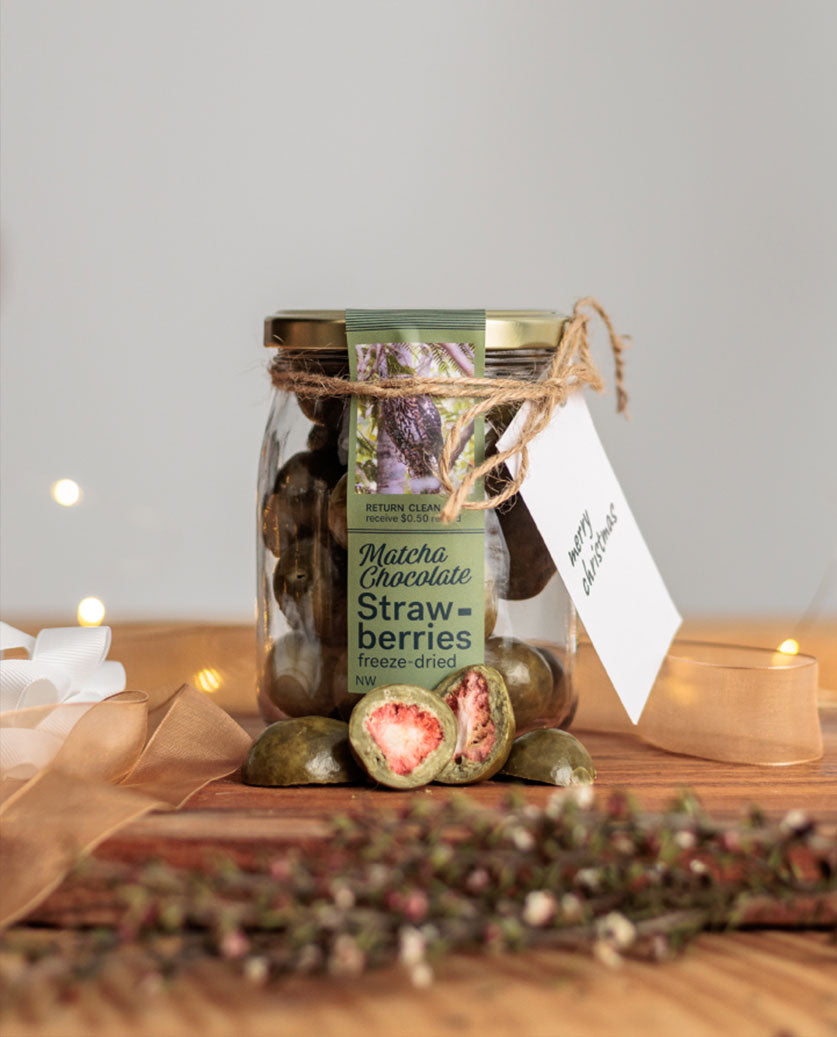World Oceans Day 2020
The ocean makes up over 70% of the Earth’s surface and disturbingly, humans are sending around 8 million tonnes of plastic into the ocean every year. It’s predicted that by 2050, there will be more plastic in the ocean than fish. It’s quite easy to read a statistic like that among the many stats thrown around in your news feed and either overlook it or feel overwhelmed and not know what to do, right?

This World Oceans Day, we want to make things simple and local. We’re talking statistics right here in New Zealand and helpful things we can all do to make sure we’re looking after one of the things that allows us to breathe on this Earth. You may not know that more than half of the oxygen we breathe comes from marine photosynthesis like seaweed in the ocean!
Recently, we reached out to Sustainable Coastlines to help us identify what exactly they’re finding on our beaches. Here’s what we found… 70.8% of items found on our beaches are plastic.

After ‘unidentifiable hard plastic fragments’, glass and ceramics, some of the common things found are:
1. Food wrappers
2. Cigarette butts and filters
3. Bottle caps and lids
4. Polystyrene
5. Food containers
6. Lollipop sticks
7. Straws
8. Plastic bags
9. Bottle neck rings
10. Receipts

The good news is that there are so many great reusable options to eliminate these items from entering our beaches!
Our Top 5 Must Have Reusables are:
1. Stainless steel lifetime bottle
2. Reusable travel cup
3. Stainless steel straw
4. Reusable shopping bags
5. Reusable food containers
Once you’ve got your collection of reusables you need, it’s simply then about creating a habit to take these items with you before you go out. Often it’s when we aren’t organised or are rushing when we forget these reusables and reach for those convenience options right?
Maybe the key to consistency actually lies in how we look after ourselves? Creating an environment to make it easier for ourselves to remember these items. A topic we’ll explore in detail another day but if you’re interested in learning a bit more about creating better habits now, we highly recommend reading the book Atomic Habits by James Clear. It’s not a book focused on sustainability or plastic pollution but a book on how creating tiny changes everyday can make a huge impact on your life.
Today, we’ve just touched on one small part of the ocean plastics problem. If you’re interested in reading about other ways our oceans are being polluted, our friend Shay from CaliWoods has written a fantastic article on how washing your clothes could be polluting the ocean - check it out here.
 GoodFor
GoodFor

